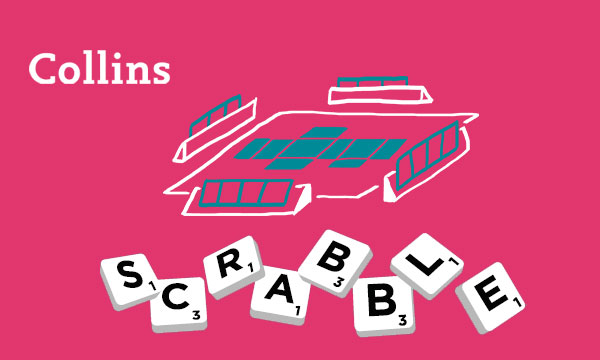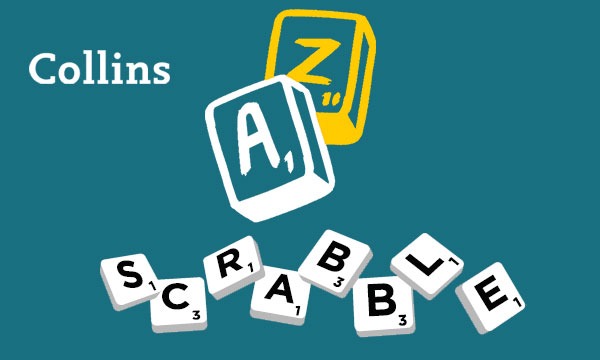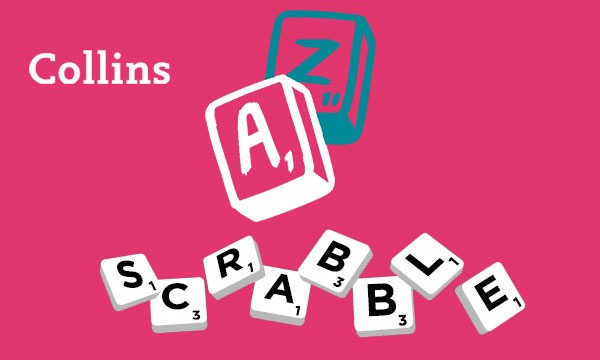Experienced players develop the habit of tile-tracking; that is, they start the game with a grid of the hundred tiles in a corner of their scoresheet, and cross them off as they are played.
Doing this, you can quickly see if there are a lot of a particular letter to come, such as A or I. If there are, it can be a good idea to play one if you have it now because you’ll probably pick another. Also, at the end of the game, when there is nothing left in the bag, you have the huge advantage of knowing what your opponent has.
If you are playing more than one opponent, you won’t know exactly who is holding that Q that hasn’t appeared yet. But if there is only one usable I for QI, and you block it, you’ll certainly be denying someone a few points.
By Barry Grossman
Barry is a leading UK Scrabble player and winner of several tournaments. He is the author of Scrabble for Beginners (Chambers), Need to Know Scrabble, Scrabble – Play to Win and The Little Book of Scrabble Trickster. He has also contributed to numerous other books on the subject of words and word-games, has been a series champion of Channel 4’s Countdown, and has written four comedy series for BBC Radio 4. He lives in Hertford.
All opinions expressed on this blog are those of the individual writers, and do not necessarily reflect the opinions or policies of Collins, or its parent company, HarperCollins.



